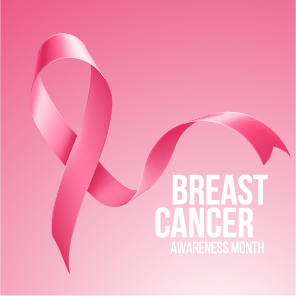Menopause and Seasonal Depression



Sexual health is important and proper condom use is a part of sexual health. It is important to speak with sexual partners about safe sex. What a great way to celebrate Valentine’s Day with a fun pack of condoms?

You’ve no doubt seen the commercials urging parents to immunize their teen and pre-teen daughters against the human papillomavirus (HPV), the virus known to cause cervical cancer in women. But surprisingly, there has been a recent upswing in HPV-related oropharynx (throat) cancer in men. Recent findings by the National Cancer Institute show that researchers have…
Happy Hanukkah from Women’s Health and Menopause Center. #WomensHealthandMenopauseCenter #FestivalofLights #HappyHanukkah #Hanukkah2017

Many women find their annual gynecological exam a stressful experience. But a few minutes of “poking and prodding” can save a woman’s life. During a patient’s yearly exam, her physician will look for lumps in the breast, either through a breast exam or mammogram, and perform a gynecological exam, which includes a pap smear. A…

Regular mammograms are still the best way to detect breast cancer early. There are other options that your doctor may recommend depending on your individual needs. We wrote about some of these alternatives in a previous blog article, Choices in Mammography. Although, the diagnosis of breast cancer is a fear of many women, early detection…

It seems like just yesterday when you learned about your pregnancy, now your due date is fast approaching. Perhaps some anxiety and nervousness is starting to bubble up. Here are a few tips shared by Kelly Campbell, M.D., that may help calm your nerves as you get ready to welcome your new baby into this…